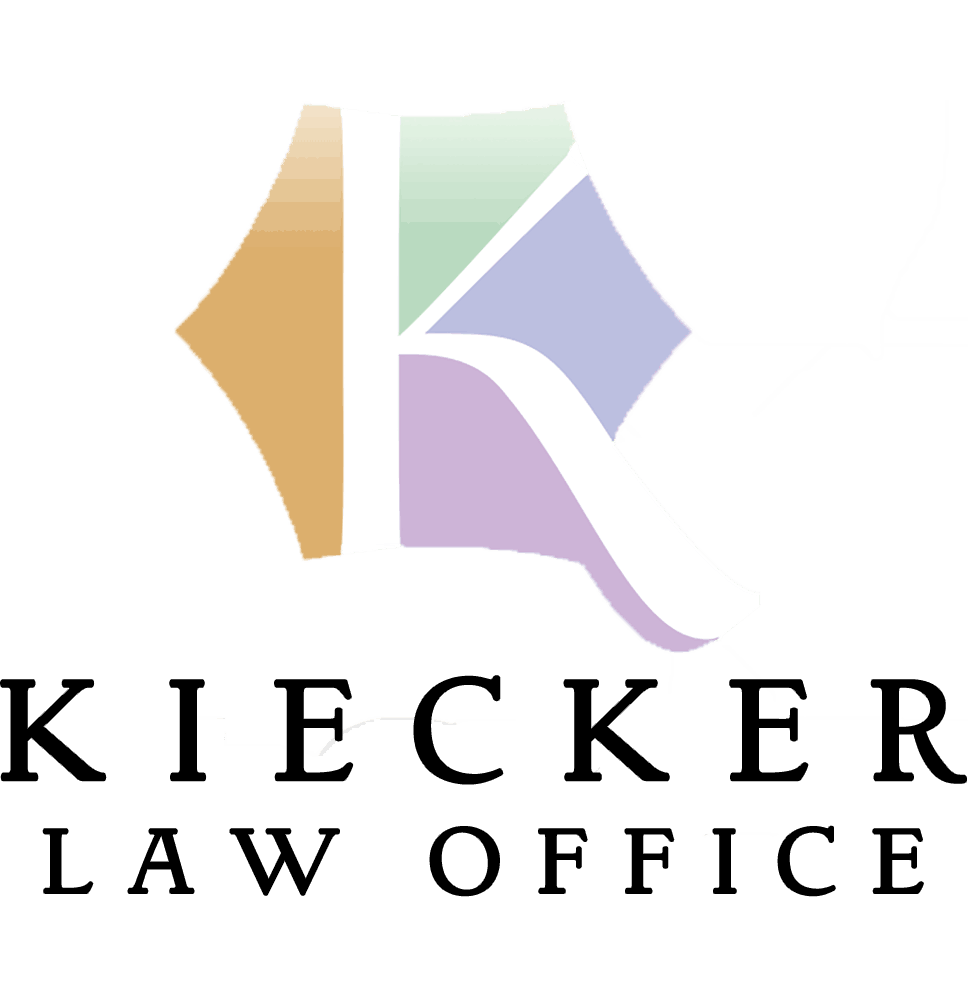Why We Do What We Do
When I was younger, I had a conversation with our pastor about all of us doing our job. He told a story from when he first started in his ministry. Like most of us just starting out, he didn’t have much money and he and his wife purchased a fixer-upper house. One cold, Minnesota winter night his furnace went out. He called one of the members of his church that was an HVAC repairman to see if he could come out the next day. The man immediately told him he’d be out and take care of the problem. When the man got to the pastor’s house, the pastor made sure to thank him and reassure him that he didn’t need to. The man’s response was that he had “a job to do and you needed me. You would do the same thing for me if I needed you” if he were in the hospital or had a family member pass away.
From that day our family has instilled that mentality. Our job at Kiecker Law is to help protect you and your family in your greatest times of need. If you or a family member passes away, we want to make sure your minor children are taken care of. If you are sick and can’t make financial or health decisions yourself, we want to make sure that the person you want is making decisions for you. If you have a child (minor or grown) that has special needs, we want to make sure they are taken care of. That’s what our job is.
Obviously, writing legal documents is part of that. Another part of that is to help educate you as to what your options are in situations or what steps you can take to help plan for an unfortunate situation. The list could go on and on with respect to education. As some of you have probably noticed, we haven’t published a blog or newsletter since November. Some of that is due to the holidays, family situations and a little thing called a pandemic, but an even larger part of that is that Kiecker Law has agreed to take on a law firm with locations in Sleepy Eye and Lake City (Pat Lowther Law). Omni and Pat have been planning a succession plan for Pat’s firm for a while, but that plan was accelerated as Pat recently decided to step aside sooner than anticipated. A much larger audience will receive this newsletter/blog than previous months and we hope that we can serve as a legal educator and trusted advisor for both Kiecker Law and Lowther Law clients.
We are currently living in a unique time. We live in a time that we can learn so many lessons. It’s safe to say that most of us have been worried, concerned, and flat our scared in the last year. Over a half-million of our fellow countrymen and women have died in a pandemic of a virus that very few of us even knew the name of 13 or 14 months ago. Aside from the political atmosphere that has developed around this medical crisis, that’s flat-out scary. For the rest of this year, we will be working through a series of newsletter articles and blog posts called Lessons From a Pandemic. Of course, being that we are a law firm, all of these articles will pertain to the legal realm. More specifically, they will pertain to estate planning and business law. You can count on us to continue doing what our job is.
For those of you that have been with us and following us for a period of time, we’d like to welcome you back. For those of you that are new to us, we welcome you and hope that we can provide you with useful information. If you need us to help with legal needs, of course, we are here to help. Please reach out to us if you need to create your estate plan or business, update your plans or if a new legal need arises.


